The average retail price of petrol in Nigeria has soared by a staggering 76% over the past year, according to new data released by the National Bureau of Statistics (NBS), intensifying concerns about the rising cost of living and economic pressure on households.
The NBS report, published this week, shows that the average price per litre of petrol jumped from ₦238.11 in April 2023 to ₦419.00 in April 2024. The sharp increase follows the federal government’s removal of fuel subsidies last year, a move aimed at curbing fiscal deficits but which has triggered inflationary effects across sectors.
In some states, petrol prices have exceeded ₦600 per litre, with urban centres such as Lagos and Abuja witnessing long queues and intermittent supply shortages.
“The sharp increase in fuel prices has a cascading effect on transportation, food, and general consumer goods,” said Dr. Ifeoma Nwankwo, an economist at the University of Nigeria. “It’s a major driver of inflation and is disproportionately affecting lower-income Nigerians.”
Transport operators have already hiked fares, and market traders report rising costs of distribution, adding to the burden on consumers.
The federal government has defended the subsidy removal, arguing that the savings will be redirected to infrastructure and social investment. However, critics say the palliative measures promised to ease the impact have been insufficient or poorly implemented.
Labour unions and civil society groups have renewed calls for wage adjustments, fuel price controls, and broader economic reforms to stabilize purchasing power.
As the government navigates a complex post-subsidy environment, all eyes are on the incoming national budget and potential interventions to cushion the effects of rising fuel costs on Nigeria’s 200 million citizens.


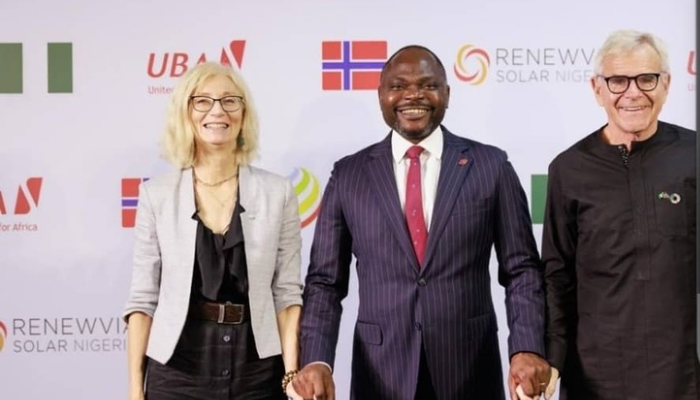
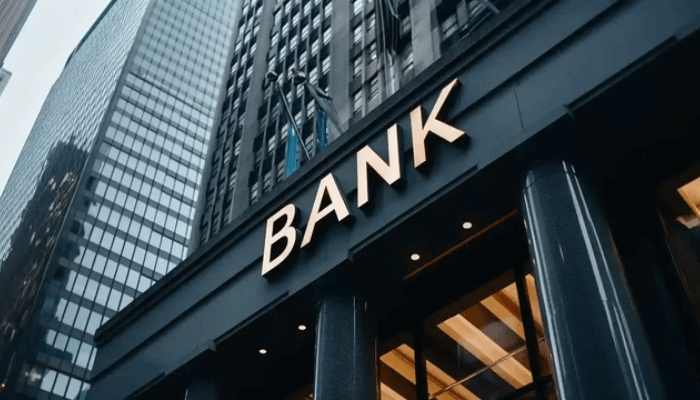
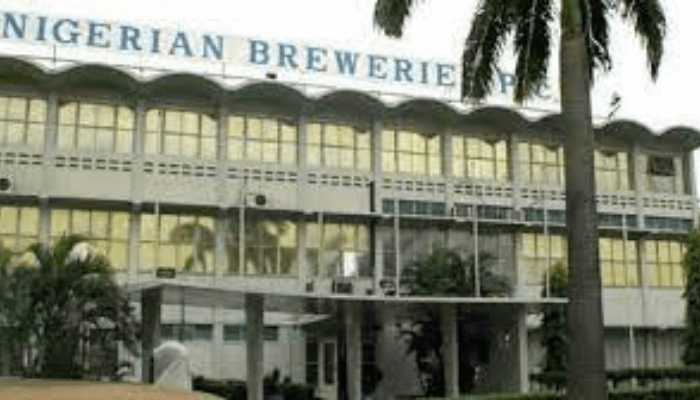
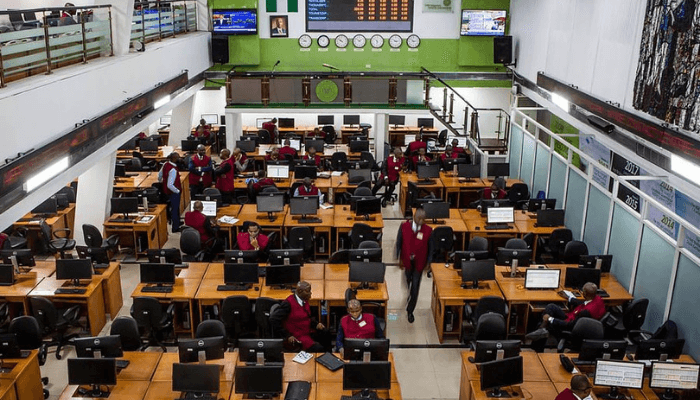
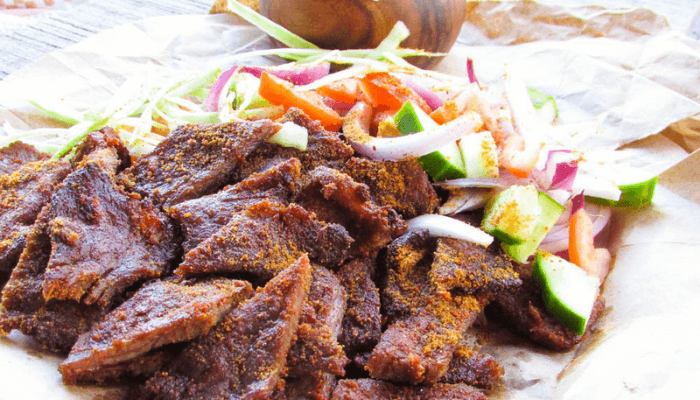
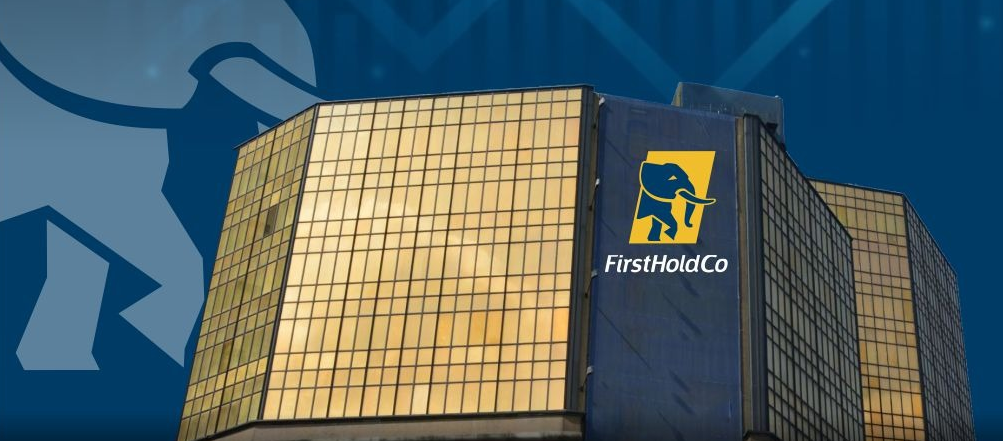
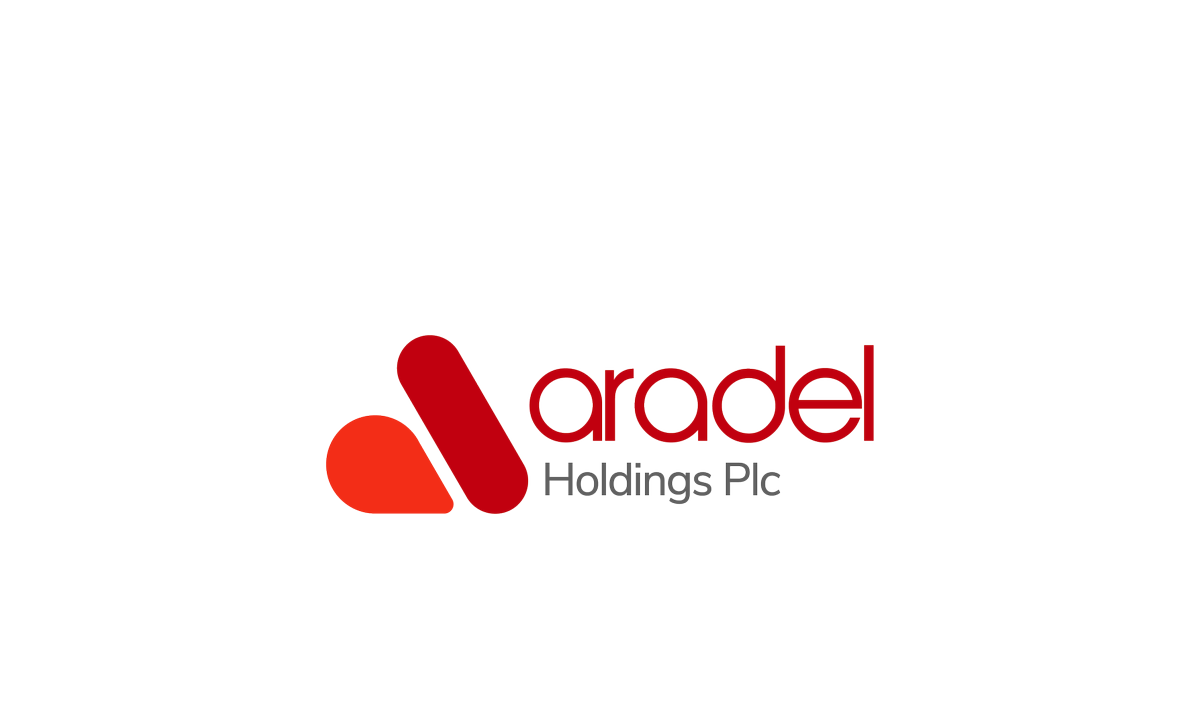
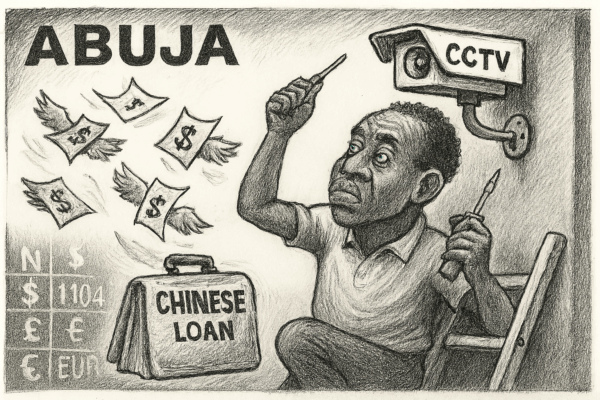
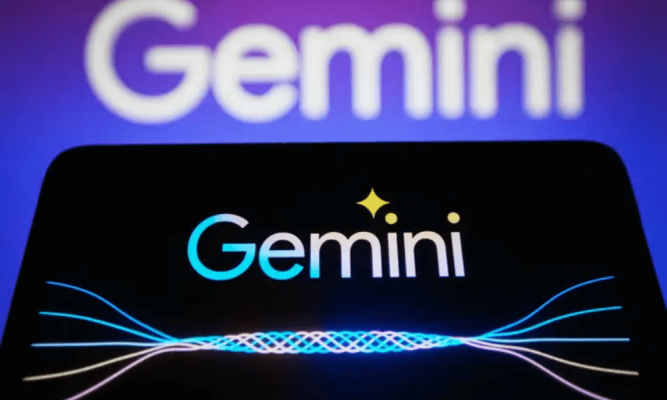
Leave a Reply